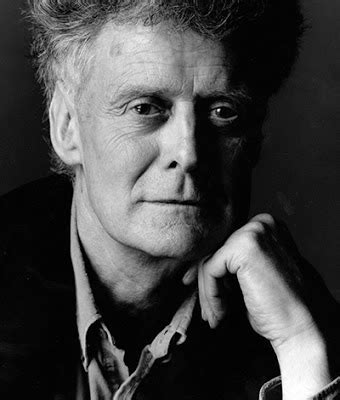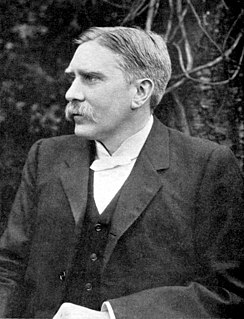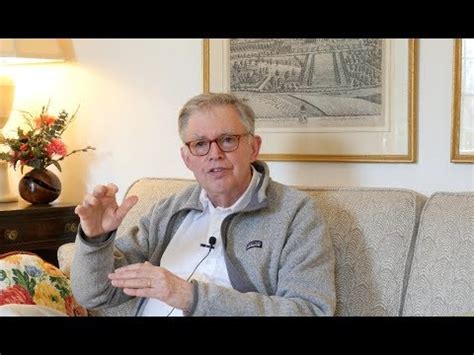A Quote by D. H. Lawrence
For even satire is a form of sympathy. It is the way our sympathy flows and recoils that really determines our lives. And here lies the vast importance of the novel, properly handled. It can inform and lead into new places our sympathy away in recoil from things gone dead. Therefore the novel, properly handled, can reveal the most secret places of life: for it is the passional secret places of life, above all, that the tide of sensitive awareness needs to ebb and flow, cleansing and freshening.
Quote Topics
Above
Awareness
Away
Cleansing
Dead
Determines
Ebb And Flow
Even
Flow
Flows
Form
Gone
Handled
Importance
Inform
Lead
Lead In
Lies
Life
Lives
Most
Needs
New
New Place
New Places
Novel
Our
Our Lives
Places
Properly
Really
Recoil
Reveal
Satire
Secret
Secret Places
Sensitive
Sympathy
Therefore
Things
Tide
Vast
Way
Related Quotes
Dwellers by the sea cannot fail to be impressed by the sight of its ceaseless ebb and flow, and are apt, on the principles of that rude philosophy of sympathy and resemblance... to trace a subtle relation, a secret harmony, between its tides and the life of man... The belief that most deaths happen at ebb tide is said to be held along the east coast of England from Northumberland to Kent.
Journeys are the midwives of thought. Few places are more conducive to internal conversations than a moving plane, ship or train. There is an almost quaint correlation between what is in front of our eyes and the thoughts we are able to have in our heads: large thoughts at times requiring large views, new thoughts new places. Introspective reflections which are liable to stall are helped along by the flow of the landscape. The mind may be reluctant to think properly when thinking is all it is supposed to do.
By opening space, for the first time in our history, rather than inexorably extracting the blood of life from this oh-so-precious sphere in our quest for wealth, we will turn outwards and upwards, creating new wealth from places already dead, advancing into places where there is no life, and bringing its seeds with us.
All of us , I believe , carry about in our heads places and landscapes we shall never forget because we have experienced such intensity of life there :places where, like the child that 'feels its life in every limb' in Wordsworth's poem'We are seven' ,our eyes have opened wider, and all our senses have somehow heightened.By way of returning the compliment , we accord these places that have given us such joy a special place in our memories and imaginations. They live on in us, wherever we may be, however far from them.
Obviously, therefore, we must be able to transcribe what is in us into our mental and objective consciousness, by establishing a relationship between the life in us and observation of that life in Nature. This we find supremely well expressed by the ancient Egyptians. It is a knowledge of magic, pure and sane, which can lead rapidly toward the spiritual goal of our lives, owing to the fact that we can evoke, by means of the sympathy of analogues in our surroundings, the consciousness of the heart latent in us.
What a strange power the perception of beauty is! It seems to ebb and flow like some secret tide, independent alike of health and disease, of joy or sorrow. There are times in our lives when we seem to go singing on our way, and when the beauty of the world sets itself like a quiet harmony to the song we uplift.
People need immediate places to refresh, reinvent themselves. Our surroundings built and natural alike, have an immediate and a continuing effect on the way we feel and act, and on our health and intelligence. These places have an impact on our sense of self, our sense of safety, the kind of work we get done, the ways we interact with other people, even our ability to function as citizens in a democracy. In short, the places where we spend our time affect the people we are and can become.
It is not possible to make great buildings, or great towns, beautiful places, places where you feel yourself, places where you feel alive, except by following this way. And, as you will see, this way will lead anyone who looks for it to buildings which are themselves as ancient in their form, as the trees and hills, and as our faces are.






































